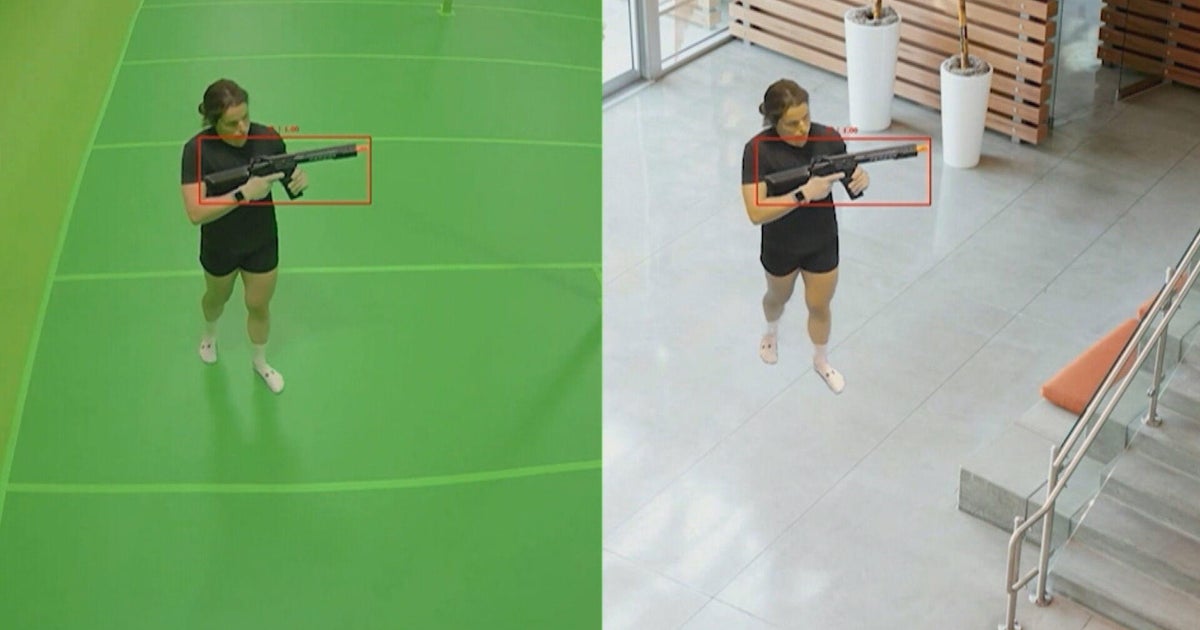Yes, there WAS good news coming out of 2020
Correspondent David Pogue reminds us of some of the often-overshadowed bright spots of the past year.
2020 will not be remembered as a big year for good news. But science and technology actually scored a few triumphs – beginning with the piece of software that made it possible for meetings, classes, relationships, and performances to carry on.
I'm referring, of course, to Zoom video calls, like the one I had with my 92-year-old dad, Cleveland lawyer Dick Pogue.
"Hello, Dave!"
"So, am I correct that you had never used Zoom until the lockdown began?"
"Absolutely not. I was amazed when I first saw it."
"Apple, Google and Microsoft all had their own similar video programs. Why do you think Zoom became the winner of the pandemic?" David asked.
"I think it's the simplicity of getting into the meeting."
All the Zoom meetings meant fewer people flying, and all the closed offices meant fewer people driving. It's not the kind of economy anybody wants, of course, but it did lead to some more good news:
For the first time in a century, you could hear birdsong in the cities; you could see fish in the canals of Venice; and you could see blue skies in L.A.!
At one point, global greenhouse gas emissions fell 17 percent, the biggest drop in human history.
This was also the year that the plastic pollution problem finally got the world's attention. We've dumping the equivalent of a truck-load's worth of plastic into the ocean every minute of every day.
China joined more than 125 other countries that have banned or taxed single-use plastic or plastic bags.
But you don't have to be a government to make a difference.
Ordinary citizen Sheila Morovati was fed up with the more than 40 billion plastic utensils that restaurants include with take-out orders every year that nobody uses.
Pogue asked, "So, if I take it out of the takeout bag and throw it in the trash, that's not single-use plastic?"
"That's zero-use plastic!" she replied.
Moravati undertook a one-woman campaign to persuade delivery services like Uber Eats and Postmates to make those utensils optional. "Uber Eats and Postmates now have a checkbox that says, 'If you would like plastic cutlery, click here.'"
2020 was also an astonishing year for space. NASA launched its most advanced rover yet to Mars; landed a spacecraft on an asteroid; and, for the first time since the Space Shuttle retired in 2011, flew American astronauts to the International Space Station on an American spacecraft made by SpaceX - twice.
Finally, 2020 ended with the best piece of news science could possibly have offered us: Vaccines for the disease that ruined the year in the first place.
Pogue asked, "Vaccines typically take years to develop – I mean, five, ten years. How was it possible that this one was developed so fast?"
"This was really born of a great deal of cooperation between academics, industry and government," said Pfizer's head of vaccine development Bill Gruber, "to essentially recognize this as the highest priority. One key element is that, as opposed to work typically being done in sequence, a great deal of work has been done in parallel."
The vaccines hold the promise that this time next year, good news will be a lot easier to find. At least that's what Pogue's dad thinks.
David asked, "Do you have any broader thoughts about the year 2020?"
"I'll be glad when 2020's gone," Dick replied. "This was a bad year. But next year has got to be better, much better!"
For more info:
Story produced by Amol Mhatre. Editor: Emanuele Secci.






